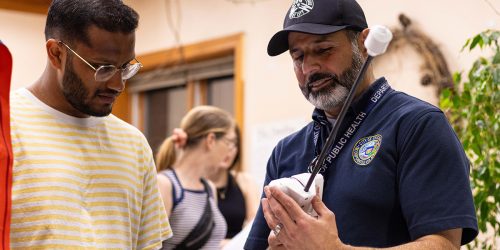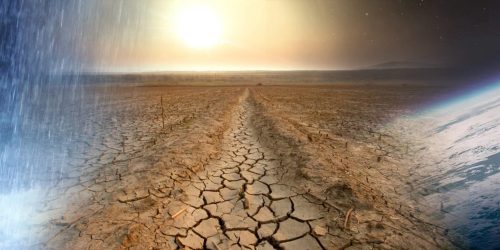
View Award Details
Urban Atmosphere in a Changing Climate: Chemistry, Carbon, and Composition


The AC4 Program is announcing nine new three-year projects in Fiscal Year 2020 (FY20) that aim to understand the chemical composition of the urban atmosphere across the United States. The competitively selected projects total $5.6 in grant awards.
Evolving the Climate Resilience Ecosystem of Adaptation Service Providers
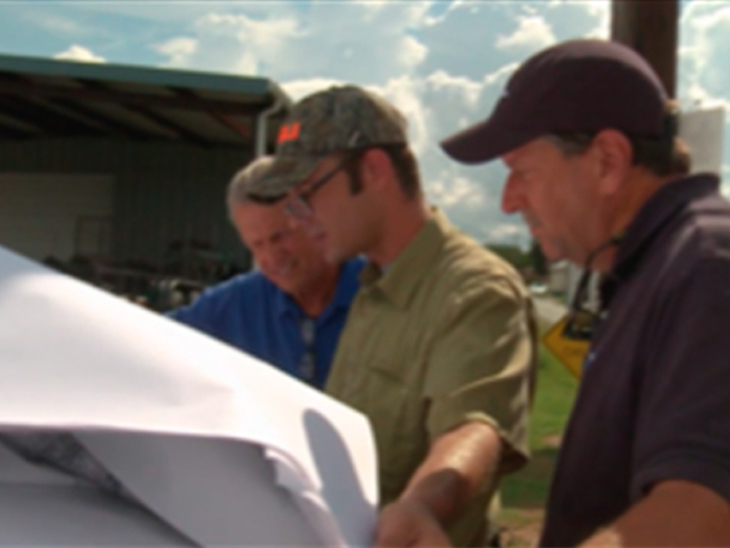

CEE is pleased to announce the award of a three-year grant in Fiscal Year 2020 (FY20) to the Climate Resilience Fund (CRF)—a non-profit grant-funding organization that conducts and manages an annual open competition to support projects aimed at scaling up and accelerating the pace of climate resilience-building in the United States. This competitively selected program totals over $1.5 million, including about $745,000 in grant funds from CEE and about $768,000 in matching funds from CRF.
Understanding Climate Impacts on Fish Stocks and Fisheries to Inform Sustainable Management
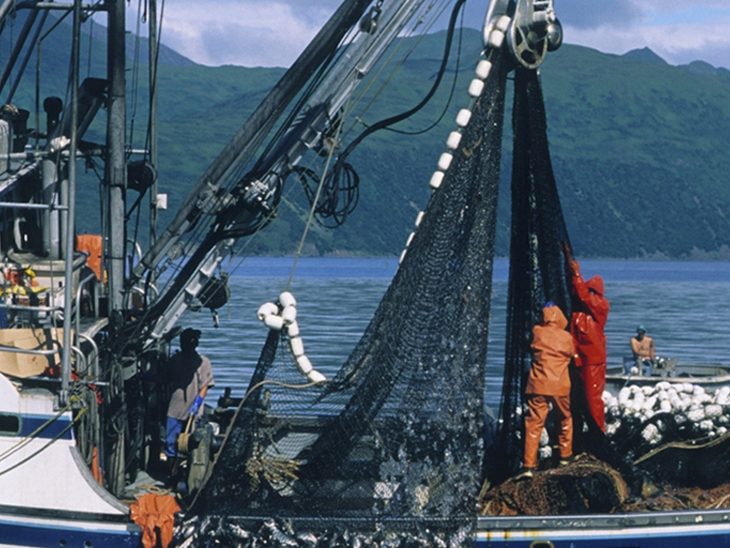

The COCA Climate and Fisheries Program, in partnership with NOAA Fisheries’ Office of Science and Technology, has competitively awarded five new projects to support sustainable fisheries management in a changing climate. The new projects will assess implications for fish stocks, fisheries, and the communities and economies that depend on them. The roughly $5.8 million in grants and other awards cover a three-year time period.
Developing Critical Surface and Lower Atmosphere Datasets through Observations and Modeling Community Collaborations
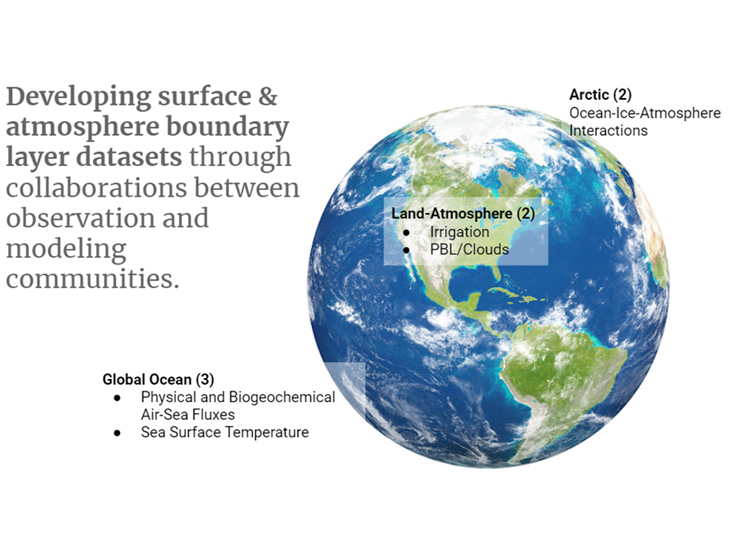

The COM Program is announcing seven new 2- or 3-year projects in Fiscal Year 2020 (FY20) that aim to improve the representation of critical atmospheric processes in our weather and climate models, through new or improved observation-based datasets. Using innovative techniques like new machine learning methods, the projects will focus on the mixing of air, moisture, and heat in the lowest layer of our atmosphere closest to the Earth’s surface—the atmospheric boundary layer—that drives our weather and climate around the world. These competitively selected projects total $2,965,509, including $2,080,133 in grants and $885,376 in other awards.
Climate and Changing Ocean Conditions: Research and Modeling to Support the Needs of NOAA Fisheries
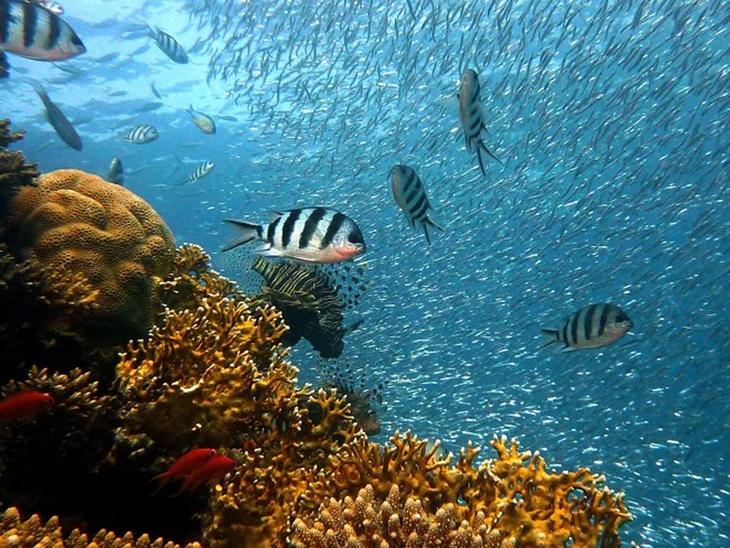

The CVP Program, in partnership with NOAA Fisheries’ Office of Science and Technology, is announcing four new projects in FY20 that aim to strengthen the understanding of processes that affect ocean conditions in the context of climate variability and change. Project outcomes will describe how our changing climate may affect marine ecosystems and habitats for living marine resources, like protected species and U.S. fisheries, in the Large Marine Ecosystem (LME) region of the Northeast U.S. Continental Shelf. The competitively selected projects total $1.96 million, including $1.3 million in grants and $660,000 in other awards.
Decadal Climate Variability and Predictability
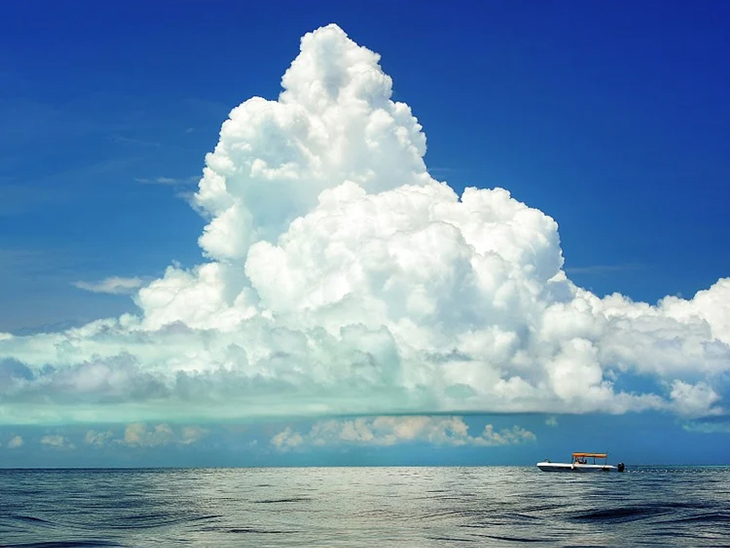

CVP is announcing ten new three-year projects in FY20 that aim to identify the state, mechanisms, and sources of climate predictability on the interannual to decadal timescale. This research will lead to future improvements in skillful decadal prediction systems for climate—ocean and atmosphere. The competitively selected projects total $6.78 million, including $6.22 million in grants and $556,000 in other awards.
Characterizing and Anticipating U.S. Droughts’ Complex Interactions
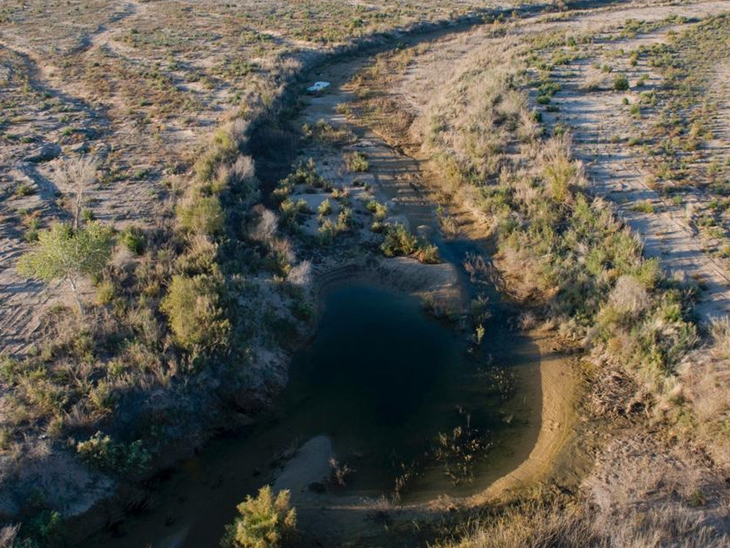

The MAPP Program, in collaboration with the National Integrated Drought Information system (NIDIS) program is announcing 11 new 3-year projects in Fiscal Year 2020 (FY20) that aim to advance our capability to more integrally characterize and anticipate U.S. droughts in the context of hydroclimatic variability and change, linking this research to practical NIDIS applications. The competitively-selected projects total $5,688,495, including $5,173,423 in grants and $515,072 in other awards.
Increasing Certainty of Climate Sensitivity in Models
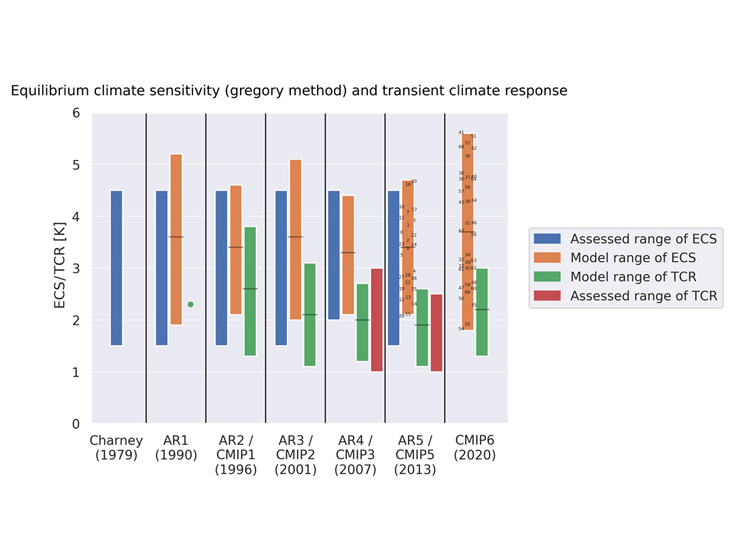

Modeling Climate Impacts on the Predictability of Fisheries and Other Living Marine Resources
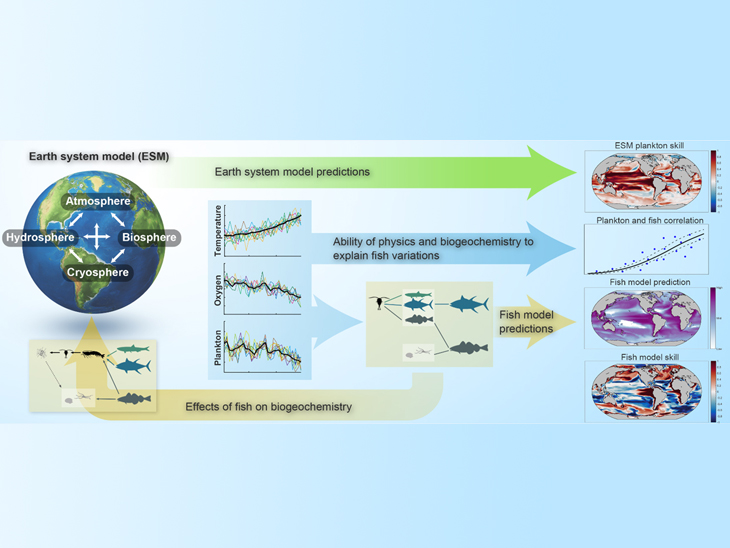

In collaboration with the NOAA Fisheries Office of Science and Technology (OST), CPO’s Modeling, Analysis, Predictions, and Projections (MAPP) Program is announcing 13 new 3-year projects starting in Fiscal Year 2020 (FY20) that aim to improve the modeling of how climate impacts the predictability of fisheries and other living marine resources across timescales. The competitively selected projects total $5,989,039, including $3,298,155 in grants and $2,690,884 in other awards.
Developing a Rapid Assessment Capability and Understanding the Causes and Mechanisms of Extreme Climate Events
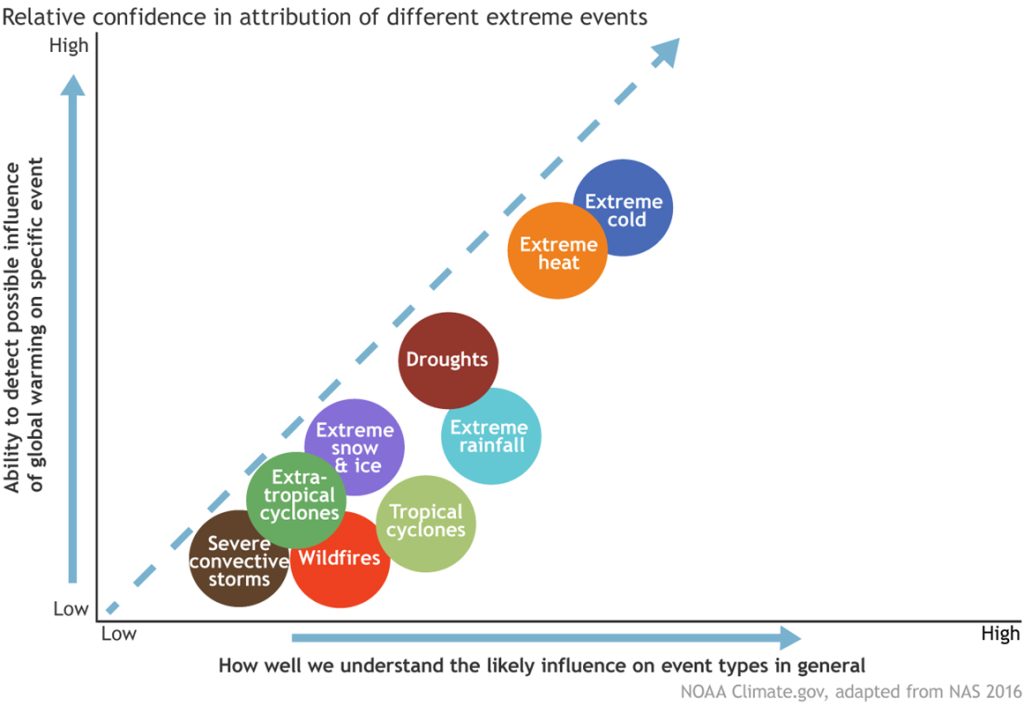

NOAA’s Climate Program Office (CPO) is announcing six new three-year projects starting in Fiscal Year 2020 (FY20) and one new four-year project starting in FY21, through a multi-program collaboration that aims to develop a capability to explain the causes of and mechanisms driving extreme events. Specifically, the projects will focus on developing and examining long-term observational records; testing and applying models’ ability to simulate low-frequency, high-impact events; improving understanding of the mechanisms that control and allow for predictability of extreme events in the ways those high- and low-frequency phenomena interact; and improving communication of the risks,drivers, and predictability of extreme events to stakeholders and communities to build resilience. The competitively- selected projects total $6,440,313, including $2,614,070 in grants and $3,826,243 in other awards.
Coping with Drought
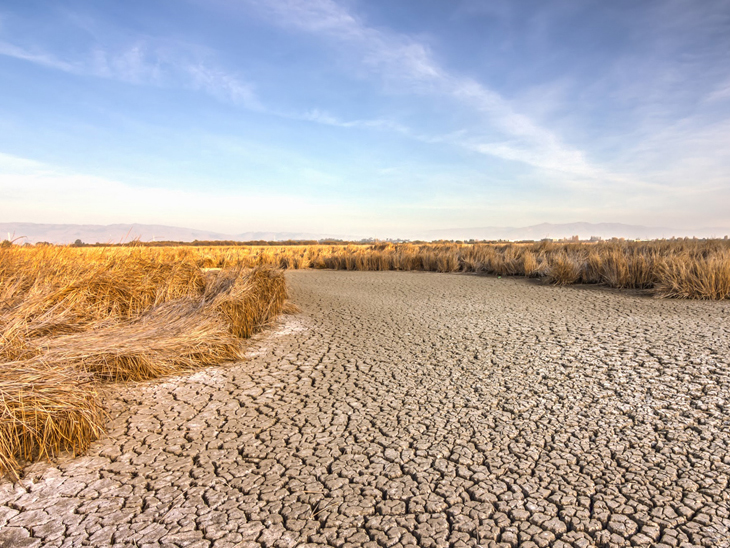

The NIDIS Program is announcing five new 2-year projects in Fiscal Year 2020 (FY20), through a multi-program collaboration, that aim to improve our understanding and use of drought indicators, thresholds and triggers, and drought impact reporting to inform decision-making to prepare for and respond to drought. The competitively selected projects total $2,776,805, including $2,541,397 in grants and $200,000 in other awards.
Since the 1980s, average annual damages from weather and climate-related billion-dollar disasters have more than quadrupled in the United States 1. As these events proliferate and worsen, NOAA is funding dozens of new research projects that will advance its life-saving climate and decision support science.
Today, NOAA’s Climate Program Office (CPO) announces a total of $48.7 million to support 79 innovative, impactful projects2 that will improve our Nation’s resilience.
“Every day, communities and businesses grapple with challenges due to climate variability and change,” said Wayne Higgins, Director of CPO. “From using machine learning to develop critical atmospheric datasets to creating an experimental system for rapidly assessing causes of extreme events, these new awards will expedite climate science discoveries and build the library of resilience solutions needed to protect all sectors of our economy and environment.”
Over the next one to four years, universities, other research institutions, and agency partners across every region of the contiguous United States and Hawai’i will conduct the projects in close partnership with NOAA labs and centers. Through collaborations that effectively leverage resources from the broader scientific community, the new awards will help NOAA tackle challenges in many areas of climate science. Such areas include weather and climate extremes, drought and water resources, changing atmospheric composition and its impacts, and important issues for our blue economy: coastal resilience and sustainable fisheries under a changing climate.
“These projects bring a wealth of external experts with unique skills to NOAA and will explore new frontiers that significantly expand the reach of our mission,” said CPO Deputy Director Ben DeAngelo.
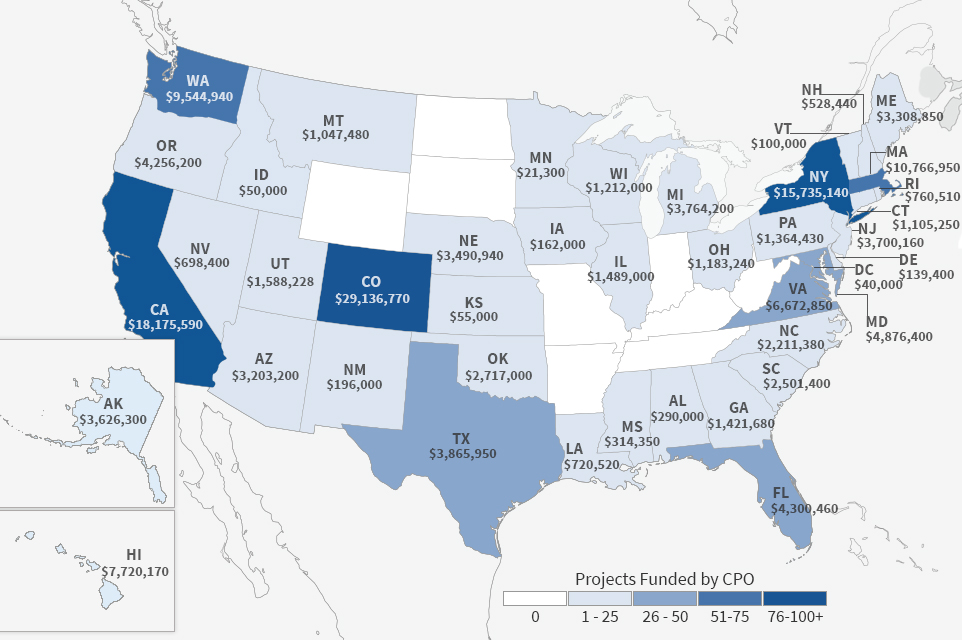

Last year, CPO’s program managers issued a call for projects in new topic areas to meet the growing climate information needs of a resilient society. With panels of experts, they selected the 79 projects through an open, competitive peer-review process, ensuring that CPO brought the finest new research to NOAA and maximized outcomes.
Research results are expected to have impacts far beyond individual projects. Some anticipated outcomes are reduced uncertainties in future climate projections, improved understanding of climate impacts on marine ecosystems, advanced ability to anticipate U.S. droughts, new atmospheric measurements of urban areas across the country, and enhanced capacity to support adaptation and resilience in all U.S. communities and regions.
“CPO boasts a unique, world-class research infrastructure, with field work and monitoring that advance our understanding of fundamental climate processes, superior climate modeling research and prediction products, and applied research and capacity building that help communities understand and manage their climate risks,” said Higgins. “Just as significant is CPO’s dynamism—our annual awards enable our research portfolio to co-evolve with the climate and constantly meet the newest, most confounding climate challenges.”
NOAA’s Climate Program Office manages competitive research programs that fund high-priority climate science, assessments, decision support research, outreach, education, and capacity-building activities. CPO’s work is designed to advance our understanding of Earth’s climate system and prediction across timescales, provide timely and authoritative climate data and information for a climate-smart nation; and to foster the application of this knowledge in risk management and adaptation efforts to help Americans plan and respond. CPO-supported research and activities are conducted in regions across the United States, at national and international scales, and globally. For more information, visit cpo.noaa.gov and climate.gov, follow NOAA Climate.gov on Twitter, Facebook, and Instagram , and subscribe to the Climate.gov newsletter.
1 New maps, summaries and stats on billion-dollar weather and climate disasters will be updated Wednesday, October 7, 2020 at 11:00AM: www.ncdc.noaa.gov/billions.
2 The funding will be distributed over the life of the projects. Future-year funding is conditional on appropriation of funds. The number of people funded by each award includes those funded in whole and in part.


